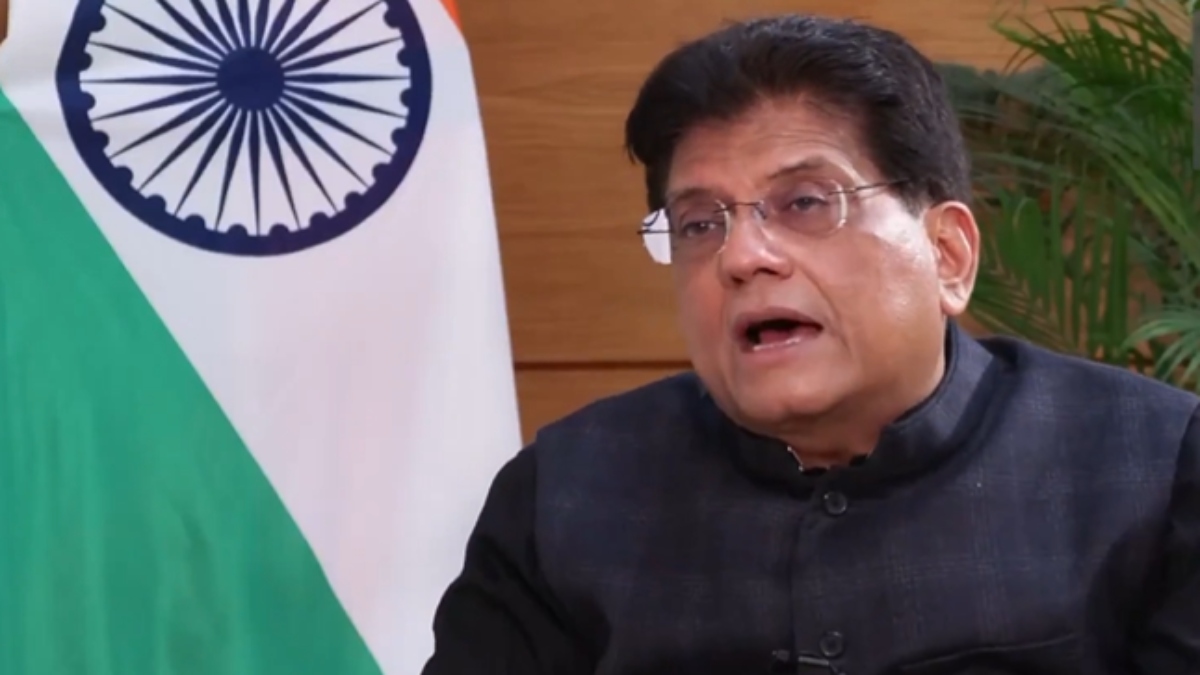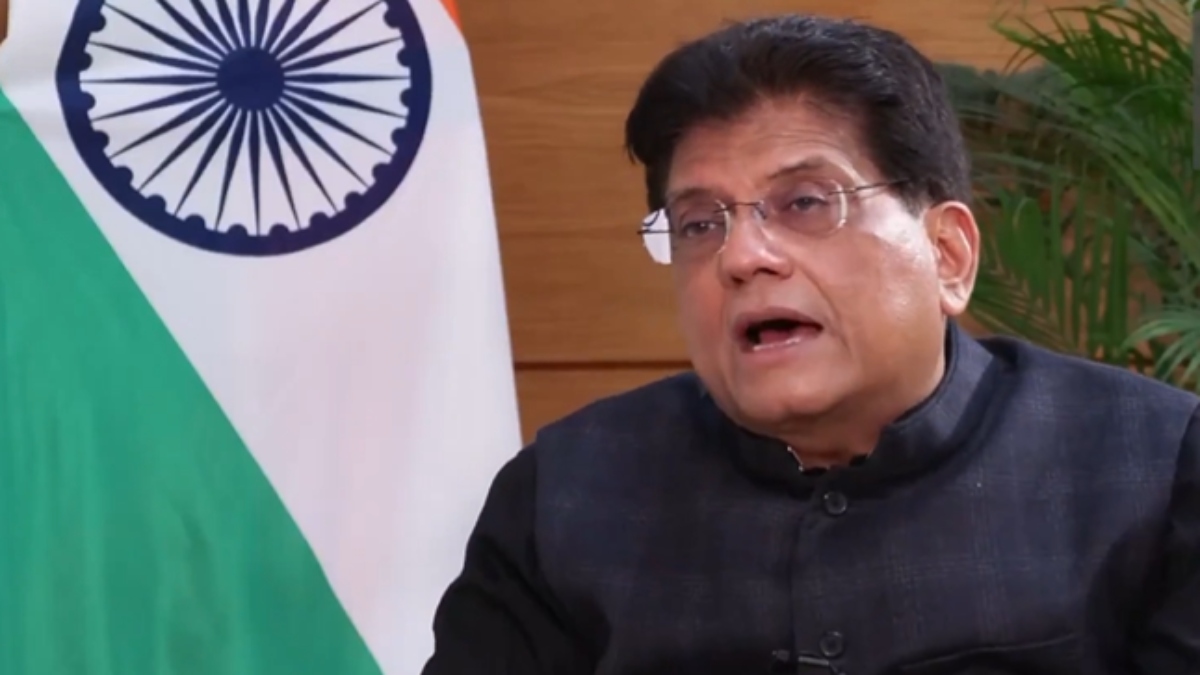The Paris Prosecutor’s Office has initiated an investigation into allegations against Apple, claiming that the company intentionally renders its own devices obsolete to compel users to upgrade. This complaint follows previous legal victories against Apple in France and Italy.
The complaint revolves around the practice of “serialization,” wherein spare parts such as microchips or speakers are linked with specific iPhone generations through serial numbers. This hinders third-party repairers from using generic parts.
Planned obsolescence through serialisation
As Apple phases out older iPhone models, associated spare parts become scarce, pressuring customers to purchase newer models. Apple’s Self-Service Repair program, introduced in France in December, mandates customers to input the serial number of the iPhone they are purchasing parts for. The provided serial number must correspond to the returned part’s serial number to receive credit from Apple.
Although the Self-Service Repair program has received some positive feedback as a positive step forward, it is evident that further improvements are necessary, as we highlighted in our coverage last May.
According to HOP (Halte à l’Obsolescence Programmée, or Stop Planned Obsolescence), Apple has the ability to detect unauthorized repairs using unofficial parts and can remotely diminish the performance of repaired phones.
They said in a statement posted on their website.
“It allows the manufacturer to limit repair possibilities, especially for unapproved repairers. In many cases documented in the complaint, malfunctions are found in cases where the device is repaired with a part, even identical and original, not authorized by Apple software. These can also be triggered during an update (as in the recent case of a touchscreen repaired on an iPhone XR made unusable after the iOS 16 update). While a simple return to iOS 15 corrects this failure, Apple does not authorize it, preferring to incriminate a “non-original Apple screen that causes a touch problem.”
Quick Reads
View AllApple’s anti-repair stance has cost them dearly, but not always
In a previous complaint by HOP, Apple was fined $27 million by a French consumer watchdog in 2020 for intentionally slowing down older iPhones through mandatory operating system upgrades. Similar actions were taken in Italy, where the country’s antitrust authority imposed a fine of $10.8 million on Apple a year earlier.
In February, a lawsuit against Apple over planned obsolescence was dismissed in South Korea. The court in Seoul provided no explanation and ordered the plaintiffs to cover Apple’s legal fees.
The Apple “batterygate” scandal from South Korea
The Seoul Central District Court had ruled against 9,800 iPhone users in South Korea who had filed a lawsuit against Apple. The court made the decision without providing detailed grounds and ordered the plaintiffs to cover the legal fees incurred during the proceedings.
The “batterygate” scandal, which has been ongoing since 2017, began with allegations that Apple deliberately reduced the performance of certain iPhone models to extend battery life.
The lawsuit, filed in 2018, argued that Apple not only slowed down older iPhones but also deceived customers about the difficulties faced by iPhone batteries in running the latest iOS software. Instead of recalling the devices or providing replacement batteries, Apple advised consumers to download the latest software updates.
The plaintiffs claimed that their iPhones experienced malfunctions and slowed down as a result of the software upgrades, with the iPhone 6 and iPhone 7 being particularly affected.
Initially, Apple denied intentionally slowing down iPhones due to battery issues. However, the company later acknowledged that it had done so to preserve battery life and clarified that this measure was not intended to prompt customers to purchase new devices.
Read all the
Latest News,
Trending News,
Cricket News,
Bollywood News,
India News and
Entertainment News here. Follow us on
Facebook,
Twitter and
Instagram.


)

)
)
)
)
)
)
)
)



